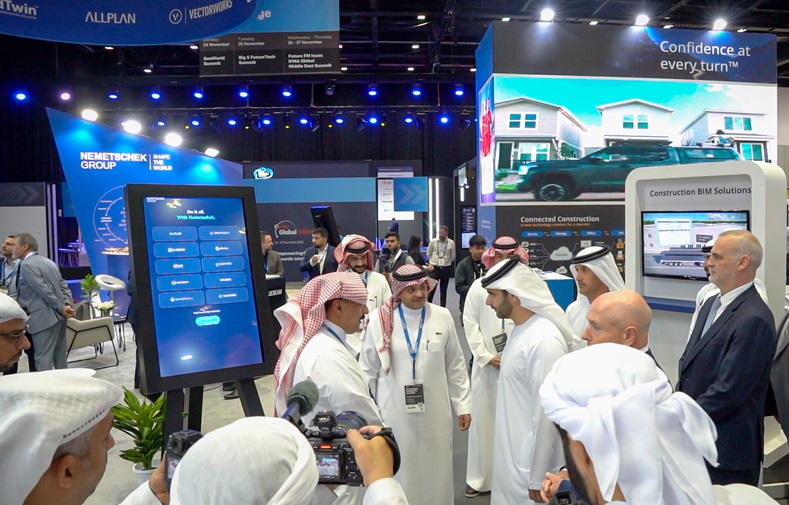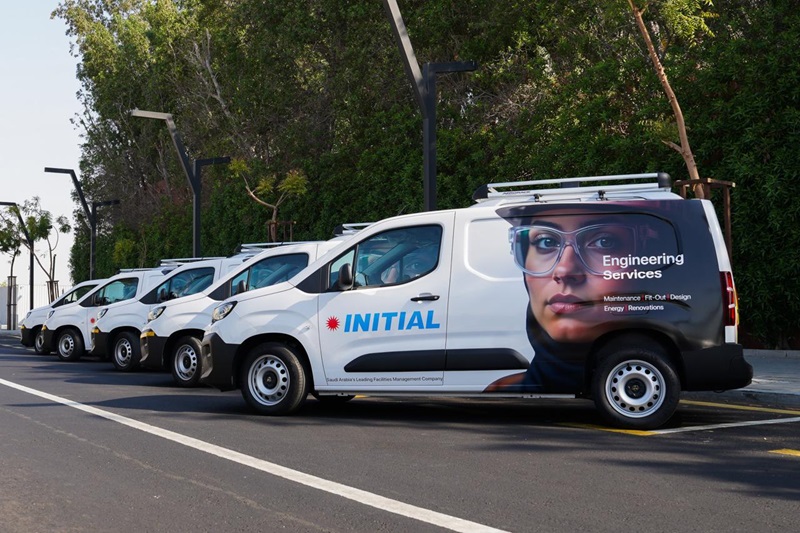
As autonomous and electric mobility gain momentum, the GCC is rising as a global contender, with the UAE and KSA making an impact on the arena of future of mobility and rolling out strategies to develop the transport of tomorrow.
In recent years, phenomenal advancements in science, technology, and government aspirations have not just brought us a step closer to autonomous travel and e-mobility, they have fired up the engines of a journey that could fundamentally change the way we get around.
Autonomous Travel
Autonomous vehicles are already on the road – with key industry players foreseeing commercialisation of the service by 2024, with forecasts predicting near-to-full automation (level 5) by 2035, according to Arthur D. Little.
Globally, autonomous mobility maturity is still at its early stages, based on a recent study by ADL. Yet, while jurisdictions like the US, EU, China, and Singapore are leading in AV market readiness, GCC countries are presenting themselves as very strong contenders.
The UAE has been at the forefront of the region’s autonomous mobility drive for several years, with the Dubai Autonomous Transportation Strategy aiming to transform 25% of the city’s total transportation to autonomous mode by 2030. .
Saudi Arabia is also making significant headway and its future trajectory is pivoting well, setting the ingdom on course to play a leading role on the global stage. As part of national aspirations for the land transport sector, strategic initiatives are being contemplated to leapfrog ahead of other countries, and the Saudi cities of the future have been designed with autonomy in mind, withvolocopters, robo-taxis, and autonomous pods all in the mix.
E-mobility
Alongside autonomous vehicles, electrification is a fundamental element in the evolution of mobility, and in the context of global net-zero commitments and the fight against climate change, e- mobility is rising to the top of government and corporate agendas worldwide.
Against this backdrop, ADL has conducted the Global Electric Mobility Readiness Index 2023 (GEMRIX), which measures the e-mobility readiness of 35 countries, and their progress to date. Based on ADL’s global study, the UAE and KSA rank 7 th and 23 rd, respectively, in a list of countries that features most of the G20, including the USA, China, Norway, and Australia, among other nations.
The GEMRIX study also highlights the UAE and KSA as major emerging electric vehicle (EV) markets. ADL analysis identifies several factors that can influence the pace of EV adoption. In any given country, these include the date of commencement of the mobility strategy, average citizen income, government incentives, and charging infrastructure development. In higher income nations, a robust charging network and financial incentives are vital, while the environmental benefits of EVs, especially when paired with renewable electricity, further sway consumer choices. For their part, lower-income countries may initially require subsidies to make EVs more affordable.
The Race Is On
Wherever a country stands on the road to autonomous mobility and electrification, one thing is clear: the global race is on. With the technology and vision firmly in place, the GCC countries are now building momentum, developing the partnerships, infrastructure, and regulations that will allow for full scale EV and AV commercialization and shape the future of transportation for generations to come.
Saudi Arabia e-mobility autonomous vehicles electric mobility electric vehicles







.jpg)








